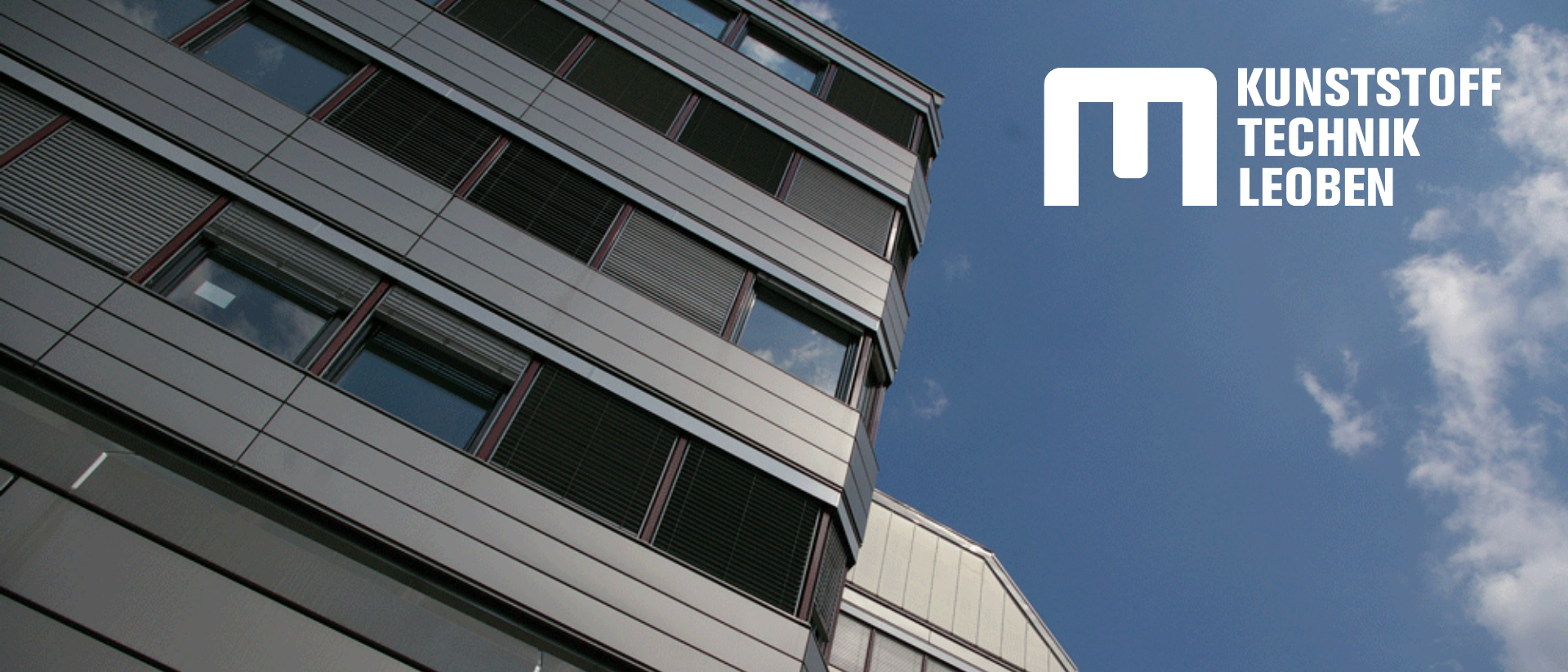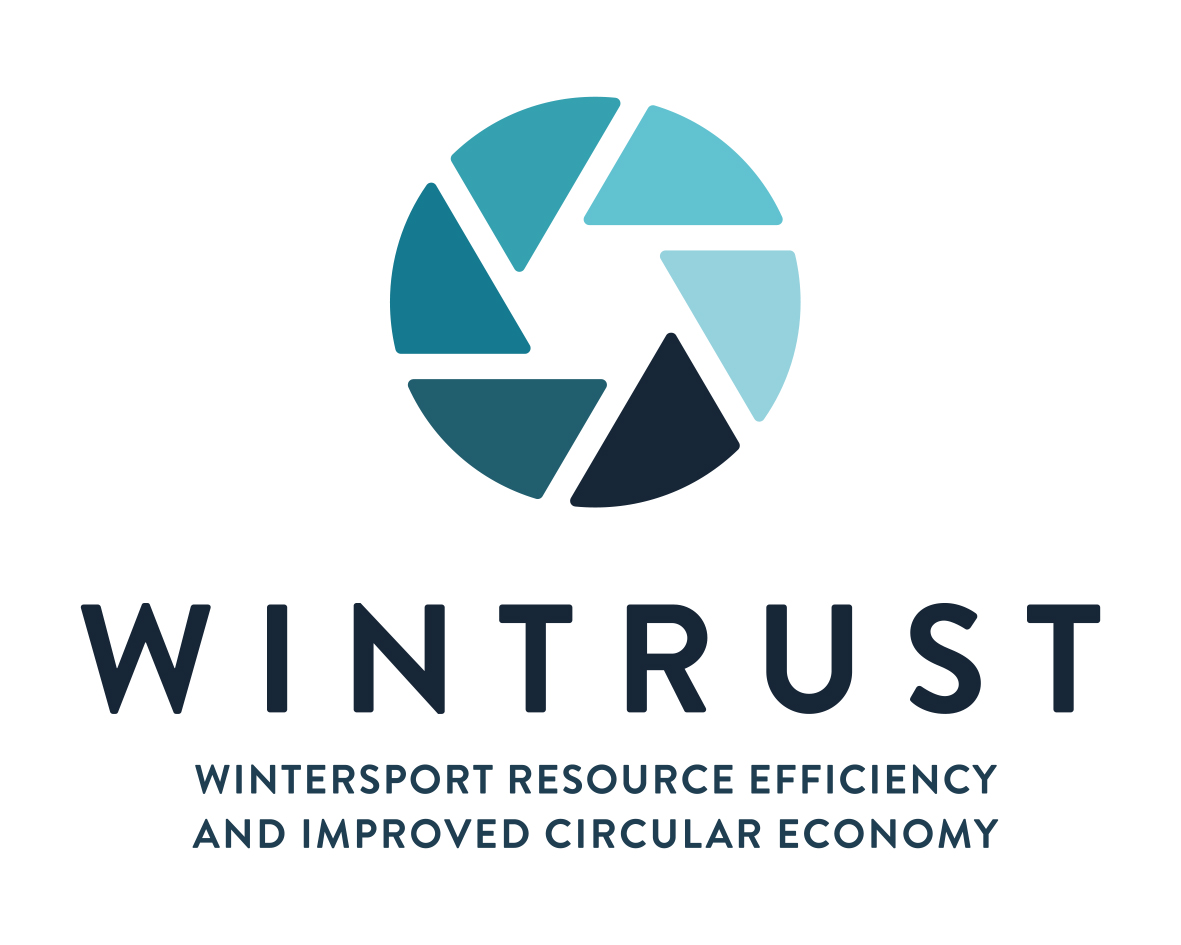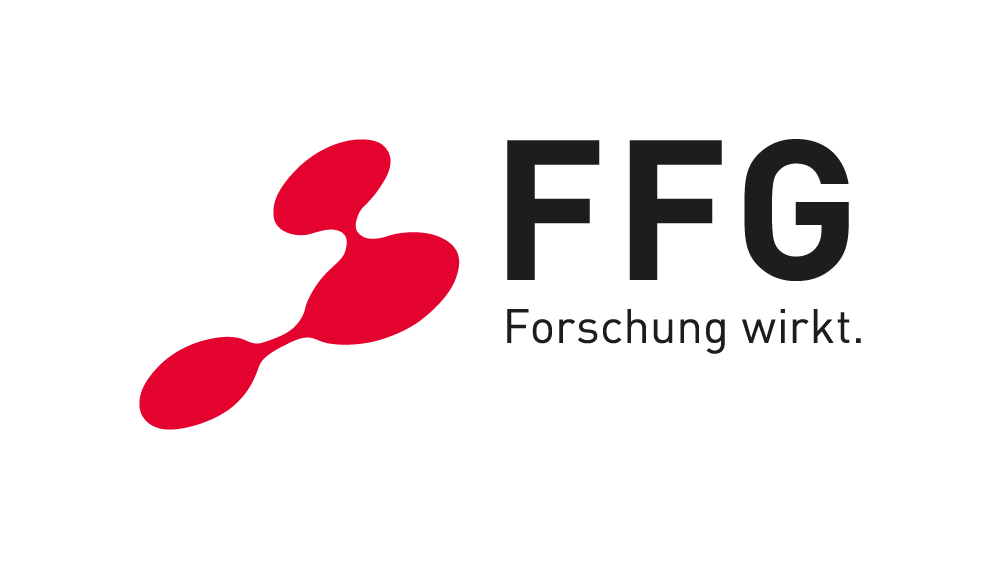In the past five years, approximately 1.8 million pairs of skis and ski boots, around 2.3 million pairs of ski poles, and about 1.4 million ski helmets have been sold in Austria. The recycling of these items is an emerging field of research for the Montanuniversität Leoben as well as for industry since it holds immense potential for reducing the ecological footprint and contributing to the EU Green Deal's objectives. Under the project management of ecoplus, Kunststoff-Cluster and under the motto "Made in Austria", the WINTRUST project has brought together winter sports equipment manufacturers, suppliers, and retailers, along with companies in the field of collection of secondary raw materials, processing, and recycling sectors, as well as research institutions, to lay a solid foundation for the recycling of winter sports hard goods over the next three years. The winter sports equipment, categorized into four use cases (1: skis + bindings, 2: ski boots, 3: ski helmets, and 4: ski poles) will be collected in the selected pilot regions of Pinzgau and Pongau by ZEMKA Gesellschaft m.b.H., by whom the used equipment will also be dismantled. The initial disassembly is conducted by GW St. Pölten, an integrative company that first removes all parts that can be manually disassembled. The materials are then sent to the Transfercenter für Kunststofftechnik TCKT in Wels, where the remaining material is separated.
Department of Polymer Engineering and Science - specialized in the field of polymer materials
Ski equipment contains large amounts of polymer and composite materials, which is why three institutes at Montanuniversität Leoben are providing their expertise for this project: the Institutes of Polymer Processing, Chemistry of Polymeric Materials, as well as Processing of Composites and Design for Recycling.
Many materials utilized in skis, ski bindings, and boots are joint with robust adhesives to form a durable composite material. These adhesive bonds cannot be mechanically separated, as by shredding, but require chemical dissolution. This problem set is addressed by the Institute of Chemistry of Polymeric Materials within the WINTRUST project. Dissolving these adhesive bonds, particularly epoxy adhesives, presents a significant challenge. Traditional methods such as heating or treatment with acids often fail to achieve the desired separation of the bonded parts, as they may harm the remaining materials, too. Consequently, our scientists are exploring innovative approaches such as laser shock waves and microwaves to cause delamination of adhesive bonds.
The Institute of Polymer Processing focuses on the processing of various material families. The materials under examination are those that can be separated most effectively beforehand, and are available in sufficient quantities, as this is crucial for ensuring reproducible analyses and experiments. Within the extrusion facilities at the Department of Polymer Engineering and Science, recycled polymers are processed and modified by incorporating additives, with the aim of potentially reusing them for their original applications. Substances that cannot be adequately separated beforehand or are infusible are explored as fillers for alternative applications, and investigated at the Institutes of Polymer Processing and Chemistry of Polymeric Materials.
A significant challenge in the project lies in recycling of skis, an area where there is limited or no prior experience. Therefore, alongside developing a process-oriented workflow, the efforts in Leoben are aiming at collecting reproducible data from real processes on the basis of which recommendations for practical application are generated. The Processing of Composites Group will conduct a comprehensive life cycle assessment (LCA) of the aforementioned processes, systematically analyzing potential environmental impacts and energy balances from collection to the end result. These calculations will be conducted from the project's inception, rather than at its conclusion as is typical with other projects. This approach allows for early assessment of ecological and economic feasibility, facilitating better planning and adaptability of recycling trials.
Projectname: WINTRUST (Wintersport Resource Efficiency and improved Circular Economy)
Funding: FFG Collective Research
Projectpartner:ecoplus. Niederösterreichs Wirtschaftsagentur GmbH (project management), Atomic, Head, Fischer, Blizzard – Tecnica, Leki, Komperdell, Isosport, Hexcel, Gabriel Chemie, Asma GmbH, SUNPOR Kunststoff GmbH, INTERSPORT Österreich, Bründl Sports, GW St. Pölten, Thermoplastkreislauf GmbH, SynCycle, Next Generation Elements GmbH, ZEMKA Gesellschaft m. b. H., Montanuniversität Leoben (Institute for Polymer Processing, Chemistry of Polymeric Materials and Processing of Composites and Design for Recycling), Transfercenter für Kunststofftechnik GmbH, Fachverband der Holzindustrie, VSSÖ – Verband der Sportartikelerzeuger und Sportartikelhänder, Österreichischer Carbon Cycle Circle ÖCC²
Conact:
Dipl.-Ing. (FH) Nina Krempl
nina.krempl(at)unileoben.ac.at
+43 3842 402 3521
This project is funded by the FFG. www.ffg.at


